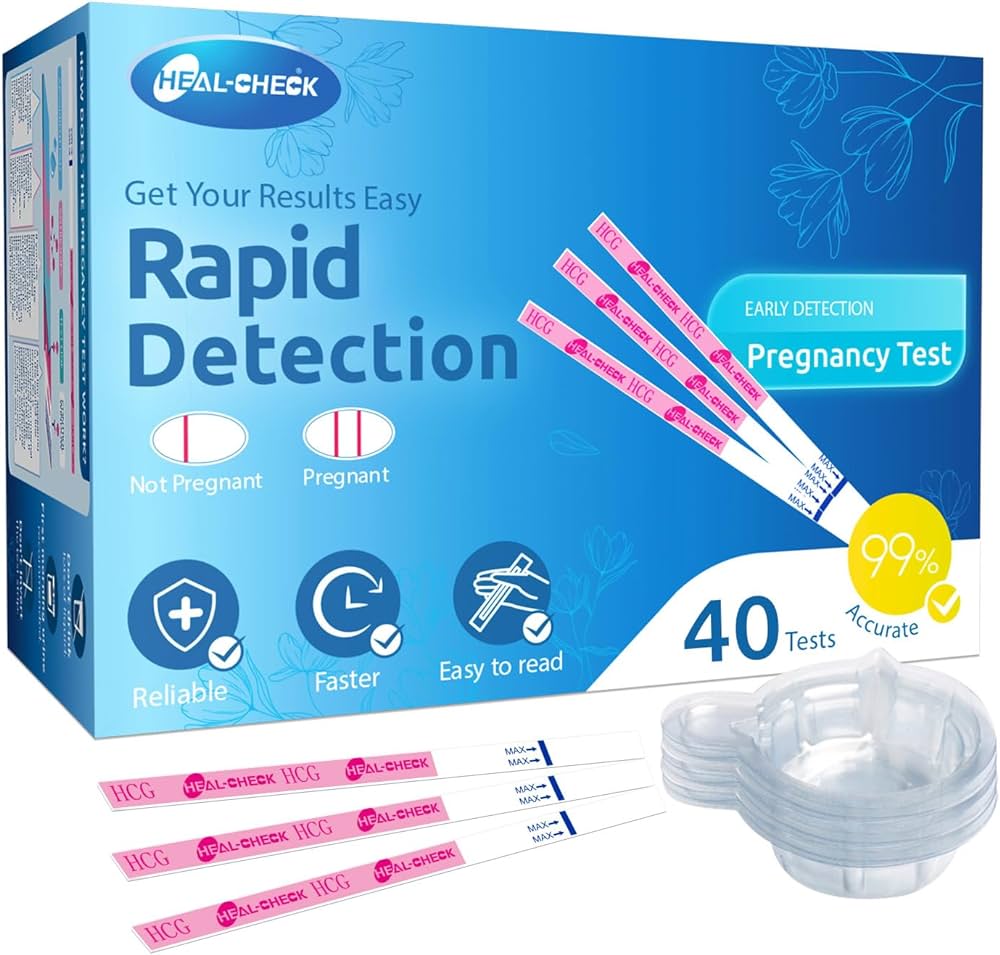Discovering that you are pregnant can be an exciting and life-changing moment. But before the joy can truly set in, it’s important to confirm the pregnancy through a reliable test. Pregnancy tests are simple and effective tools that help determine whether you are expecting a baby. In this comprehensive guide, we will delve into the different types of pregnancy tests available, how they work, when and how to take them, understanding the results, and seeking medical confirmation when necessary.

How Do Pregnancy Tests Work?
Pregnancy tests detect the presence of a hormone called human chorionic gonadotropin (HCG), which is produced by the developing placenta after implantation occurs. This hormone can be detected in urine or blood samples. There are two primary types of pregnancy tests – urine-based tests and blood-based tests. Urine tests are widely available over-the-counter and can be easily done at home. They work by detecting the presence of HCG in the urine. On the other hand, blood tests, which are conducted in a medical setting, can detect lower levels of HCG and provide more accurate results.
When and How to Take a Pregnancy Test
Knowing when and how to take a pregnancy test is crucial to obtaining accurate results. Pregnancy tests rely on the concentration of HCG hormone in your body, which increases as the pregnancy progresses. Taking a test too early may lead to a false negative result. Ideally, it’s recommended to wait until the day of your missed period to take a urine-based test. If you suspect you might be pregnant but have received a negative result, it’s advisable to wait a few more days and retest to ensure accuracy. When taking a test, carefully follow the instructions provided with the specific brand, as the steps may vary. Ensure you collect a sufficient amount of urine and read the results within the specified time frame.
Understanding Pregnancy Test Results
Interpreting pregnancy test results correctly is vital to avoid confusion or misinterpretation. Pregnancy test results typically display as positive (indicating pregnancy), negative (not pregnant), or invalid (an error may have occurred during the testing process). False positive results, where the test indicates pregnancy when you are not pregnant, are rare but can occur. Similarly, false negative results, where the test shows negative despite being pregnant, can also happen if the test is taken too early or the HCG levels are too low to be detected. Different brands may have varying sensitivity levels in detecting HCG, so it’s essential to read the instructions and understand the specific test’s result window.
Pros and Cons of Different Pregnancy Test Brands
There is a wide array of pregnancy test brands available in the market, each with its own pros and cons. Some popular brands include Clearblue, First Response, and EPT. Factors to consider when choosing a pregnancy test include accuracy, sensitivity, ease of use, price, and convenience. While all reliable brands are designed to detect HCG, certain tests may have a higher sensitivity and provide more accurate results earlier in the pregnancy. It’s important to review customer reviews, consult healthcare professionals if needed, and choose a reputable brand that aligns with your preferences and needs.
DIY and Homemade Pregnancy Tests
DIY and homemade pregnancy tests have been practiced for centuries, relying on various household items such as vinegar, toothpaste, or sugar. While many consider these methods to be inexpensive and accessible, their accuracy and reliability may vary. It’s crucial to understand that these tests are not scientifically proven and may not provide accurate results. If you are unsure or receive a positive result from a homemade test, it’s essential to follow up with a medically approved urine or blood test to confirm the pregnancy.
Seeking Medical Assistance and Confirmation
In some cases, it is important to consult with a healthcare professional for confirmation of pregnancy through blood tests or ultrasound exams. If you receive a positive result from a home pregnancy test or experiencing symptoms of pregnancy, reaching out to a doctor or obstetrician will help ensure proper medical care and guidance throughout your pregnancy journey. They can also discuss prenatal care options, answer any questions or concerns, and guide you on the next steps to take.
